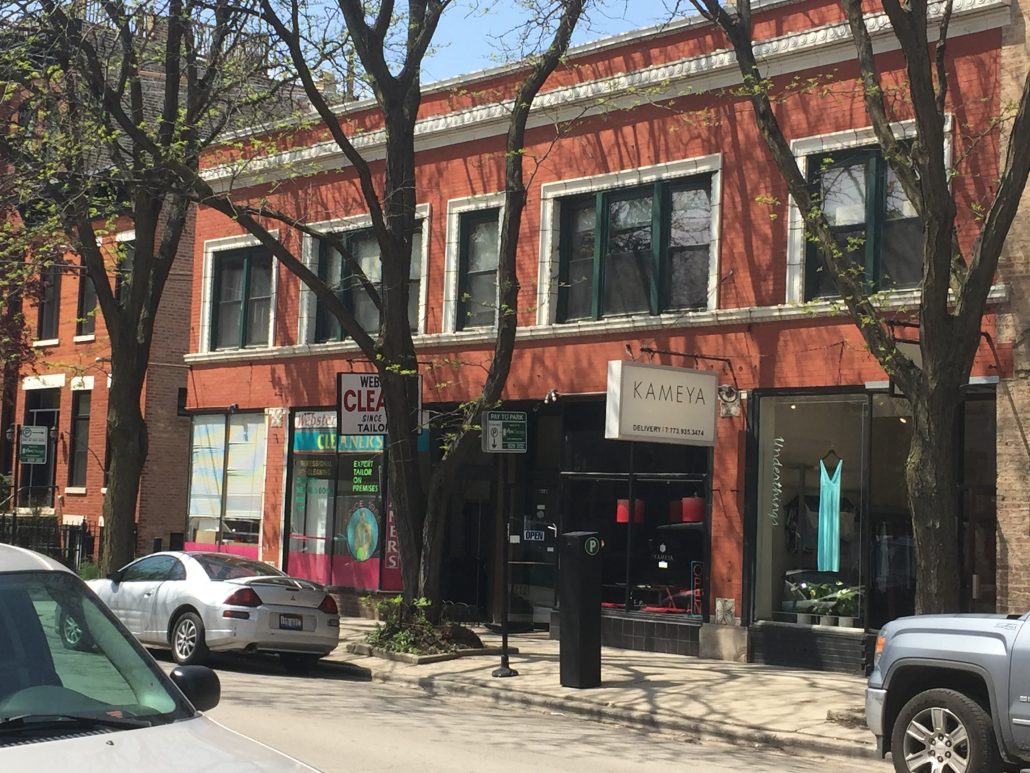E+R=O
E stands for the “events” of our lives
R stands for our “response” to those events
O stands for the “outcomes” we experience
Many people complain about the outcomes they experience in their lives. For example people complain about being yelled at by their boss, getting fired, being broke, feeling depressed or they complain about how their kids or co-workers treat them.
These are all “Outcomes” (O)s that have been created as a result of how they have responded to the “Events” the (E)s of their lives.
Is it possible for a person to come into a room full of people and feel lonely? (Yes)! Is it also possible for a different person to come into the same room and feel a deep connection, warmth and friendship? (Yes) The “E” is the same, there are the same number of people, its the same day and same circumstances. Yet, two people can enter the room and have two completely different responses, producing a different outcome. Why is this possible?
Its because the “R” or the response of the two individuals is different. One person may enter looking around the room and decide that everyone is too uptight, too weird, too different, and then sit back and observe with judgment.
Another person might come into the same room at the same time and circumstances and engage with people, introduce themselves having a different “R” response which produces a different “O” outcome.
In order to produce a different outcome we must change our behavior and our response.
Example: If I want a different outcome at work, I am going to have to do something different: reach out, participate more, get to work on time. If I want a different response from my spouse I am going to have to do something different in order to get her to respond differently to me.
Thinking different thoughts produce a totally different outcome.
If I have a boss who is negative or critical and judgmental I also have a choice as to how I respond. I can go inside and agree with the boss that I am a bad person or I can choose to tell myself their point of view is their point of view and I am still a good person. This leaves me feeling good. This is a thought of myself I choose to believe.
Lets take this concept a bit further.
Suppose I approach you and say John “you are inconsiderate and stupid” and probably the biggest idiot I have ever met”
How many of you believe that would raise johns self esteem?
How many of you believe that statement would lower Johns self esteem?
How many of you think it doesn’t matter what I say to John, but rather what John says to himself after I make that statement that ultimately effects his self esteem?
If john says to himself that he is strong and he can take this kind of teasing john remains feeling good about himself. Remember when someone says something to you that hurts (triggers you) look inside and become aware of your belief, what you are telling yourself about yourself.
Others cannot make us feel bad.
Yes this is true. Others cannot make us feel bad.
If I walk up to you and say “Mary you have green hair!”
Would that make you feel bad? (Mary says “no”.)
its not what I say to Mary that effects how she feels! In this case, its what Mary believes to be true about her hair that conditions her response and her feeling about the statement.
If I say to Mary you are a mean cruel person, would that upset her?
This will only hurt Mary if Mary has any doubts about whether she is a mean or cruel person. If some part of Mary believes she is mean, she will be upset with my statement
Anytime someone says something to you and you feel hurt its because at some level you hold a doubt in that area about yourself. And that doubt existed long before I opened my mouth.



